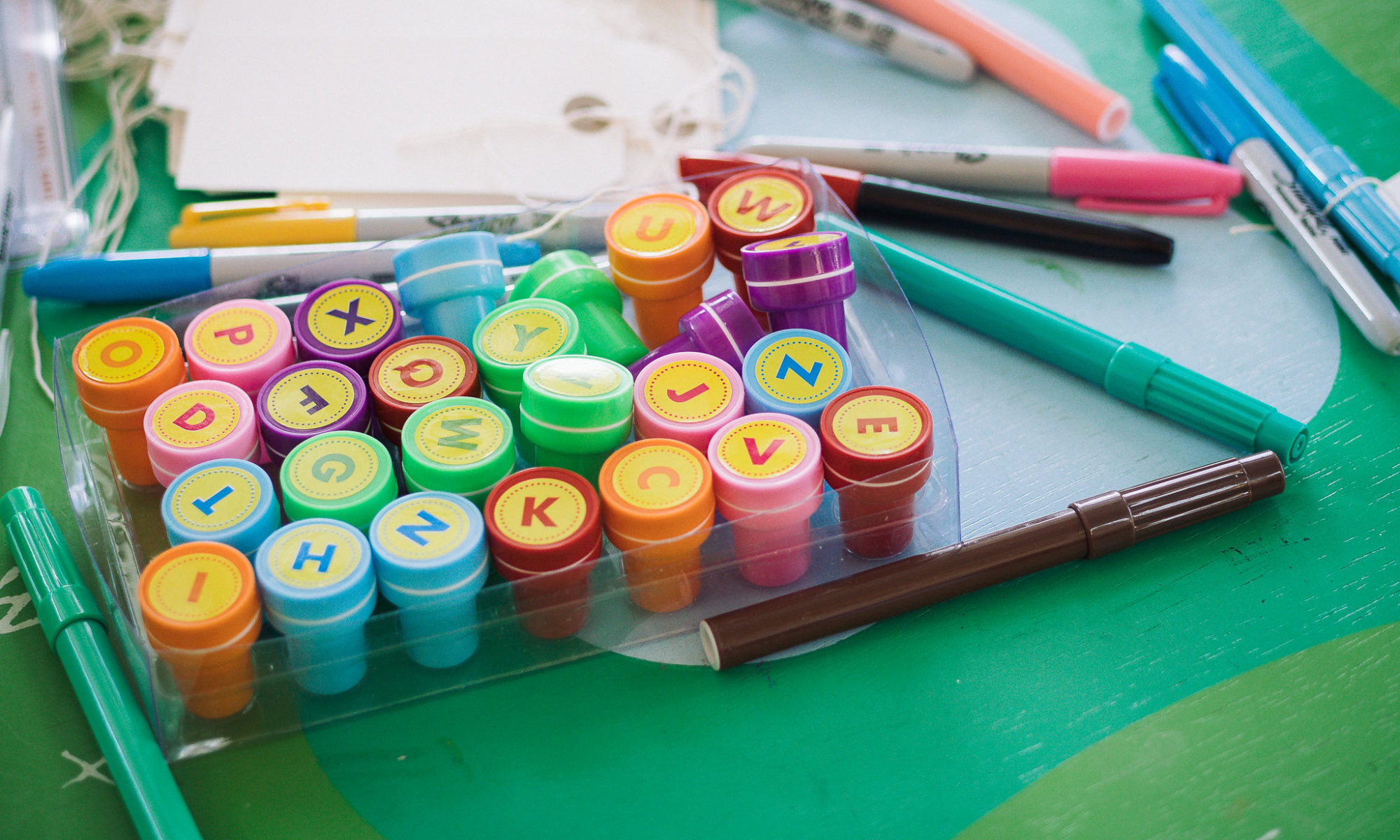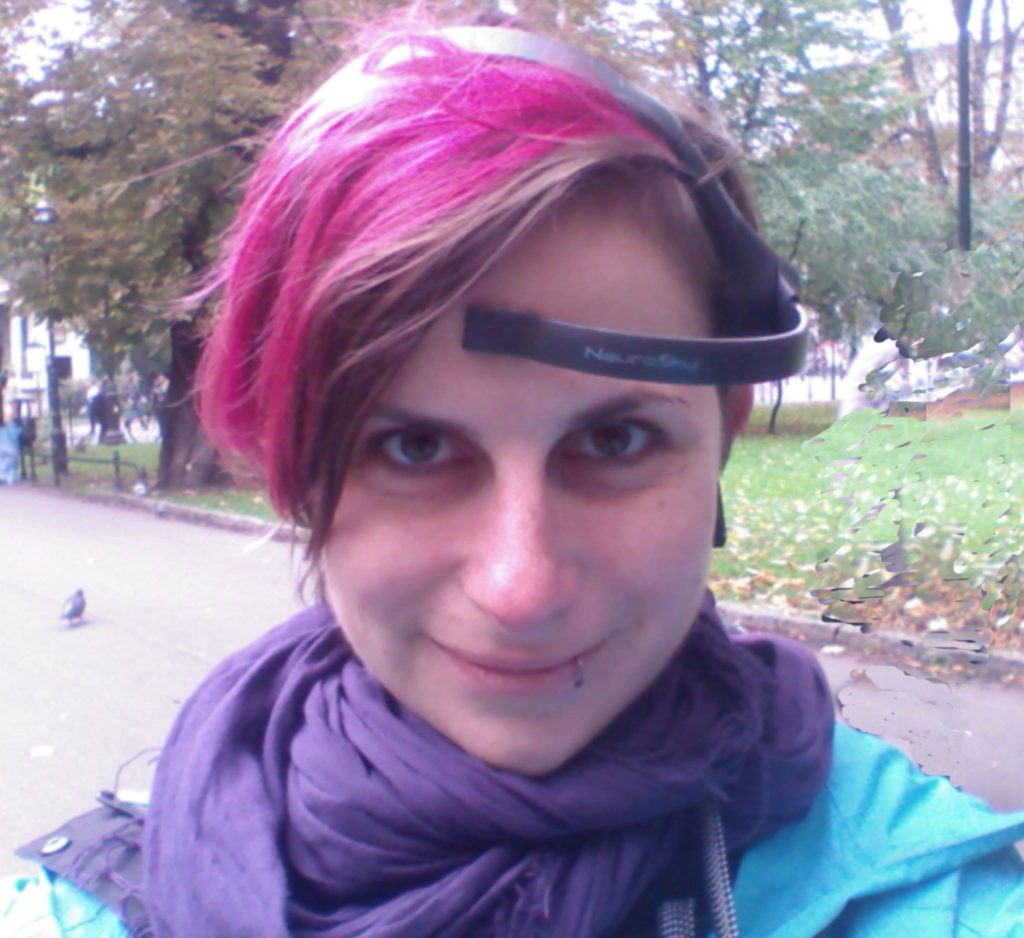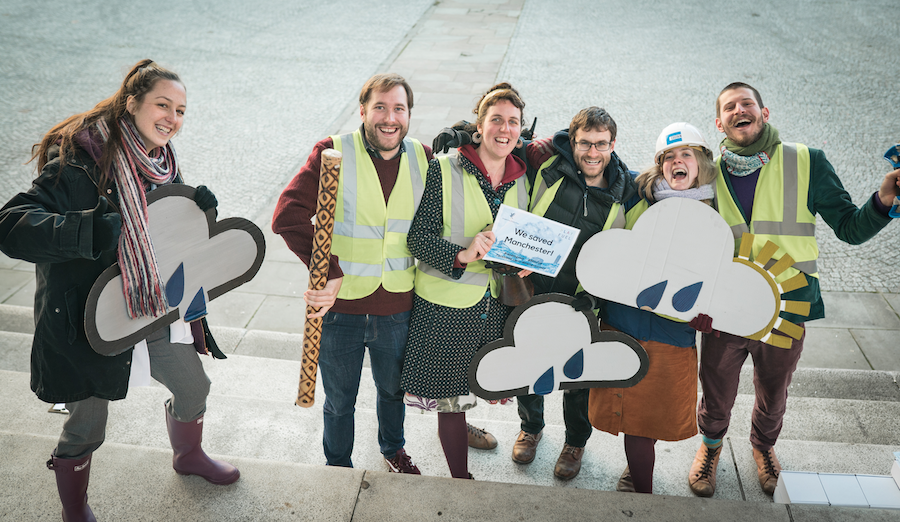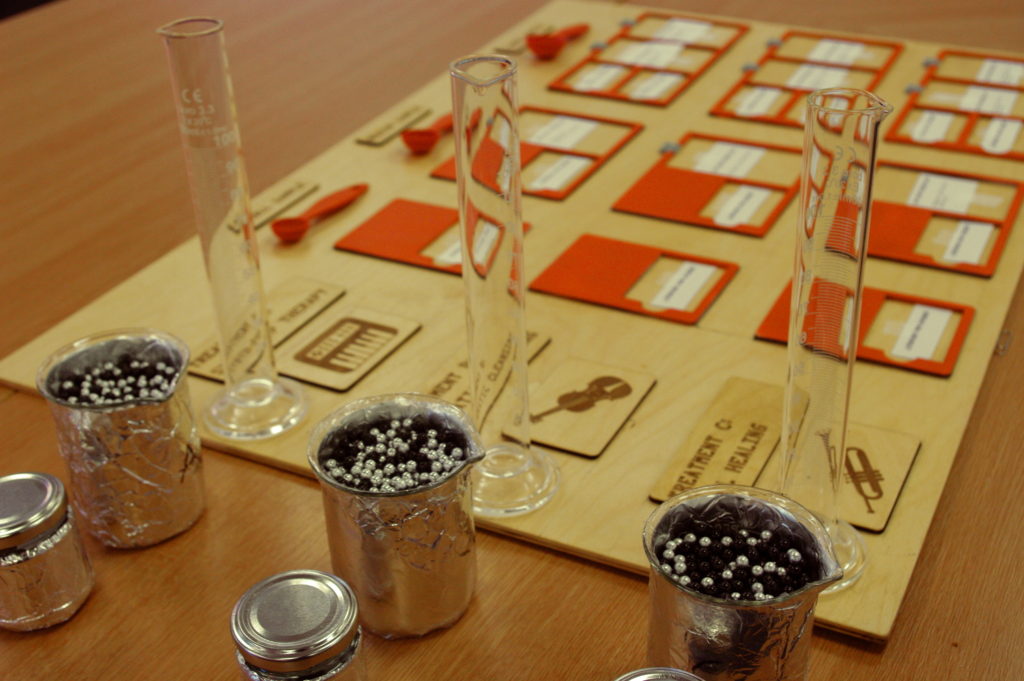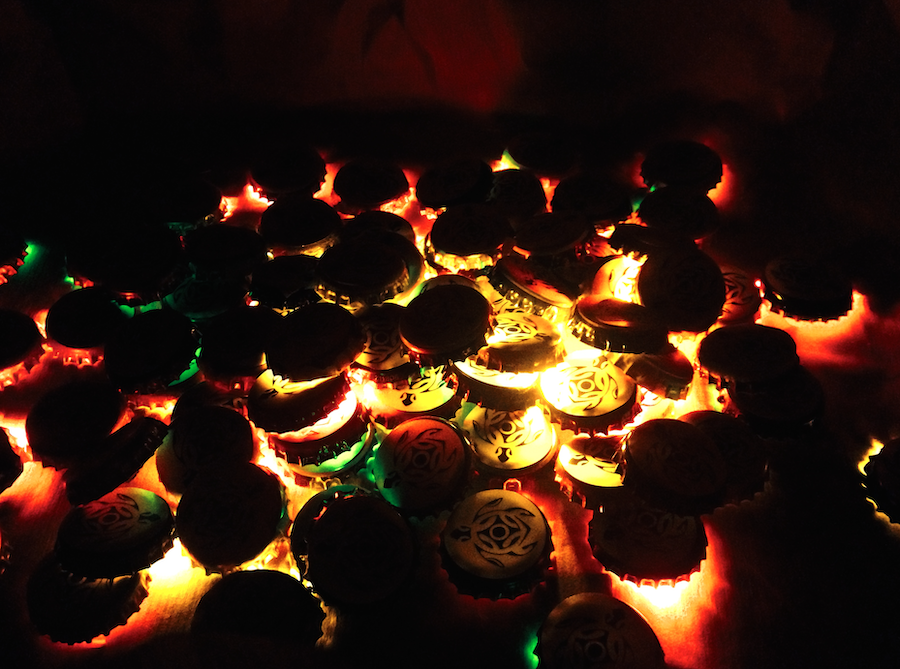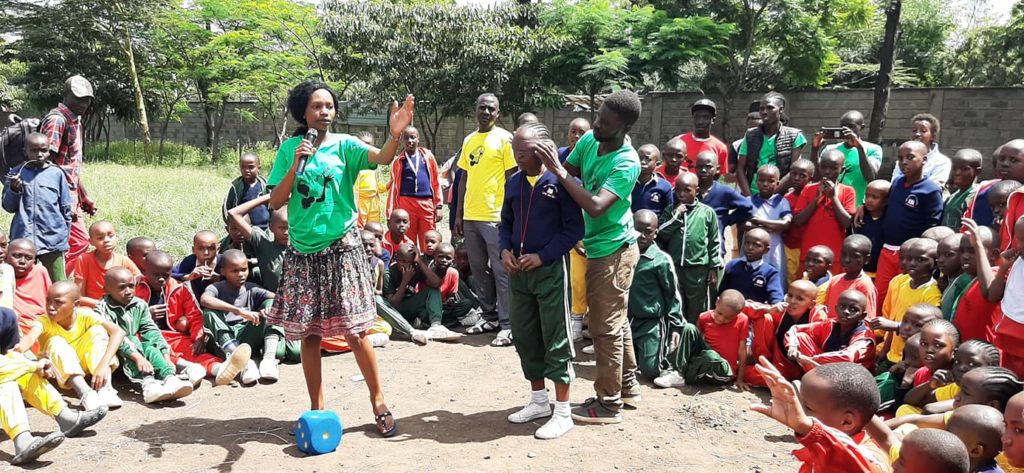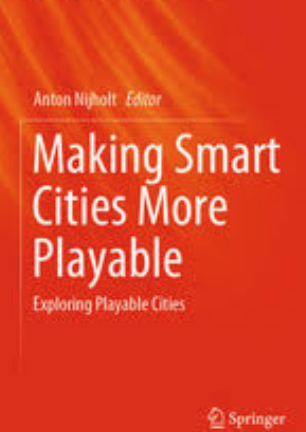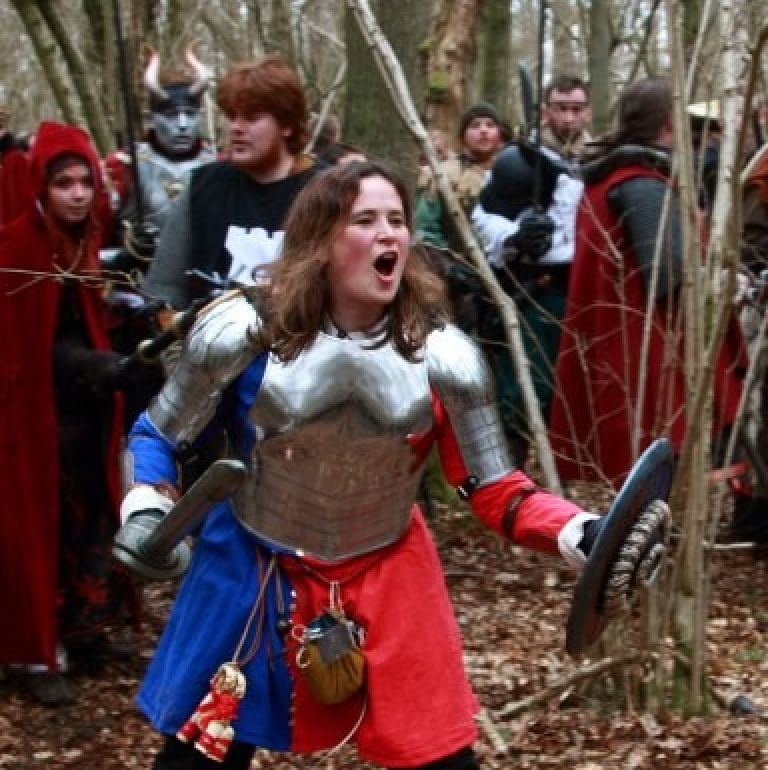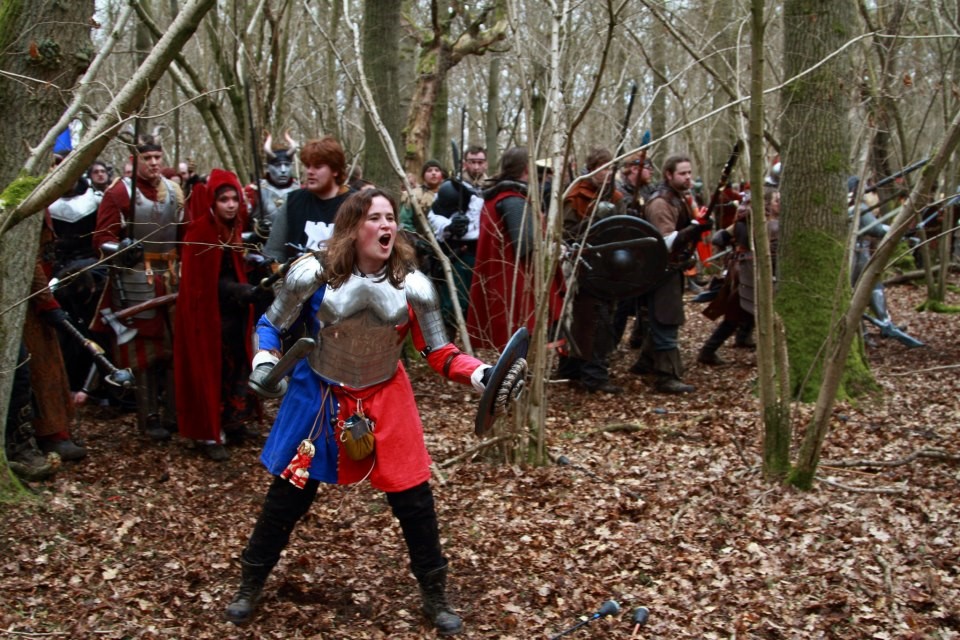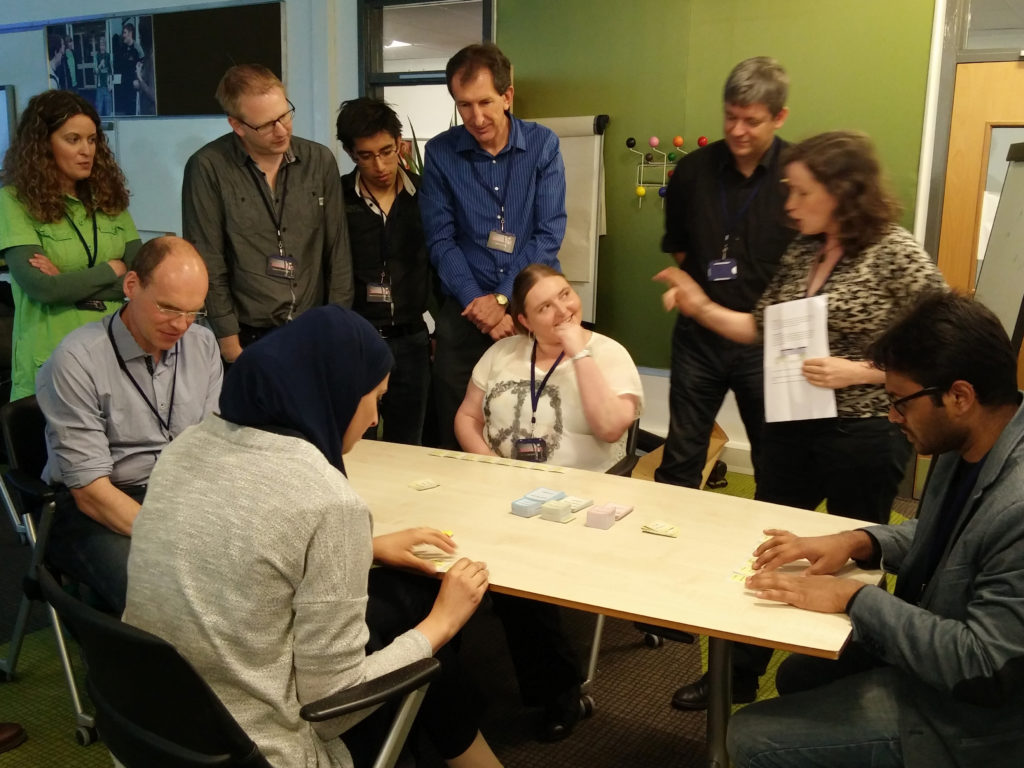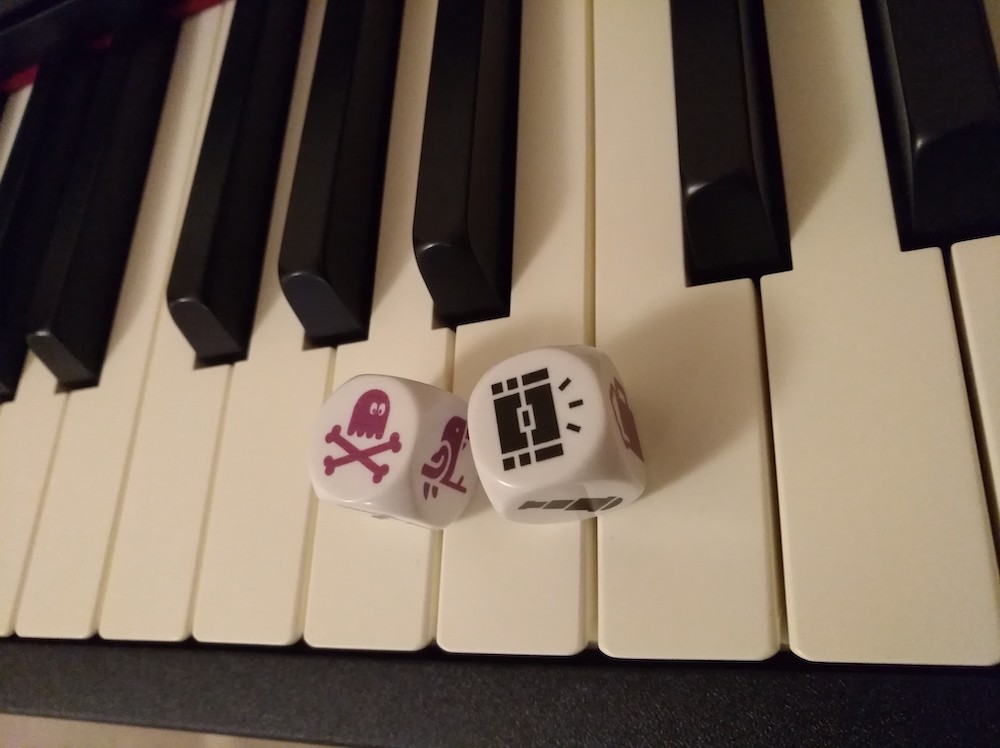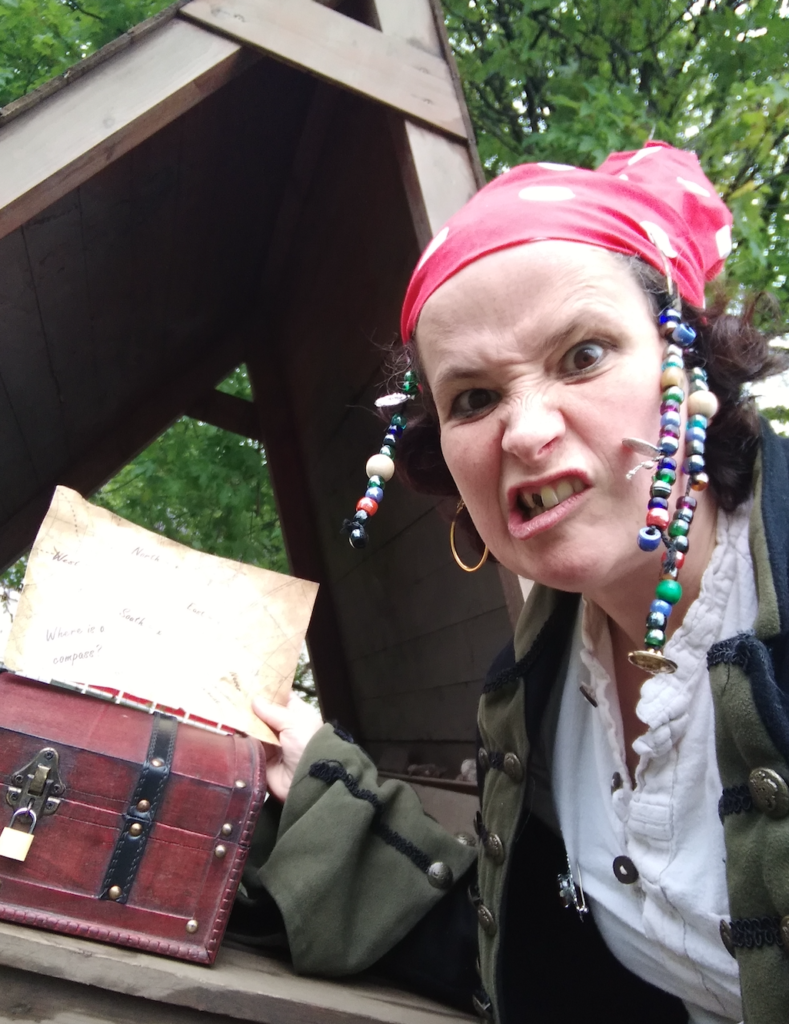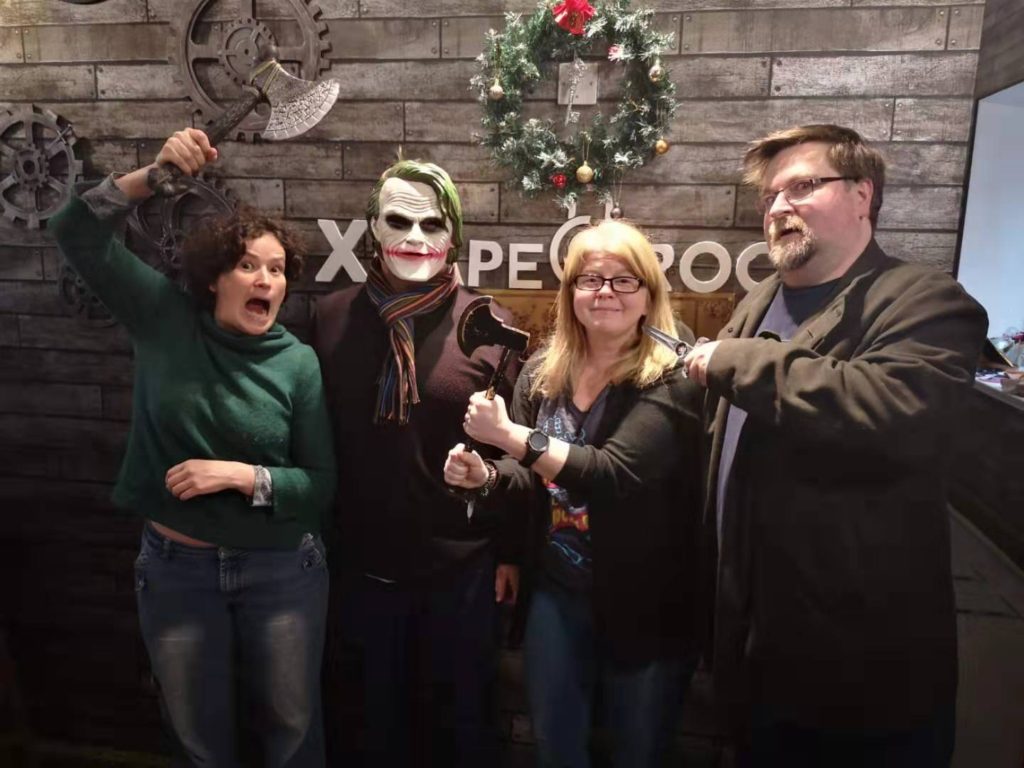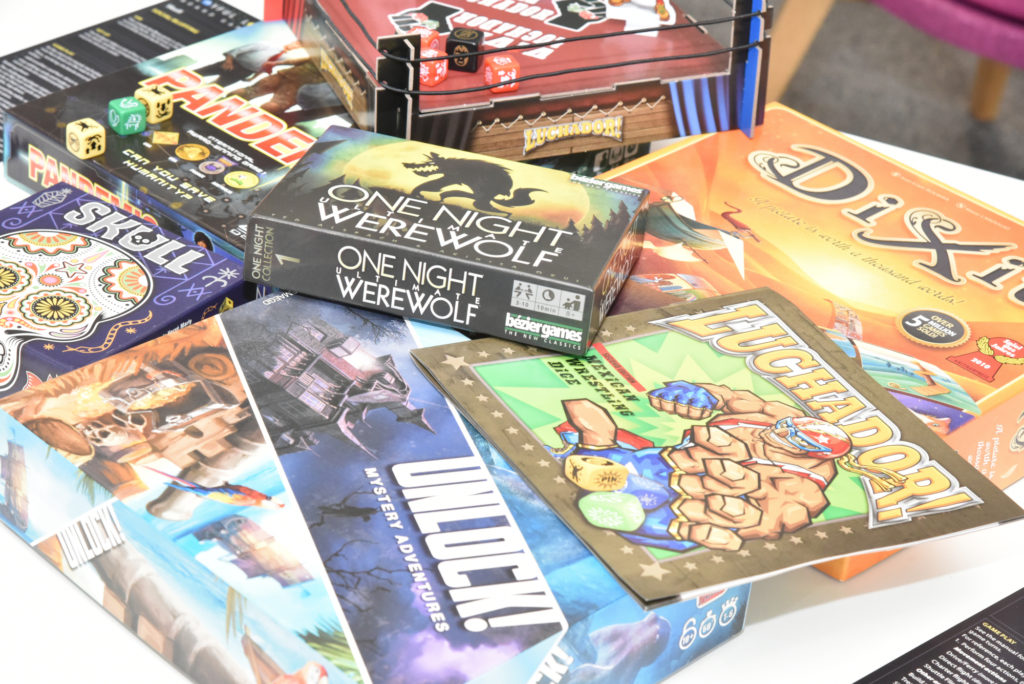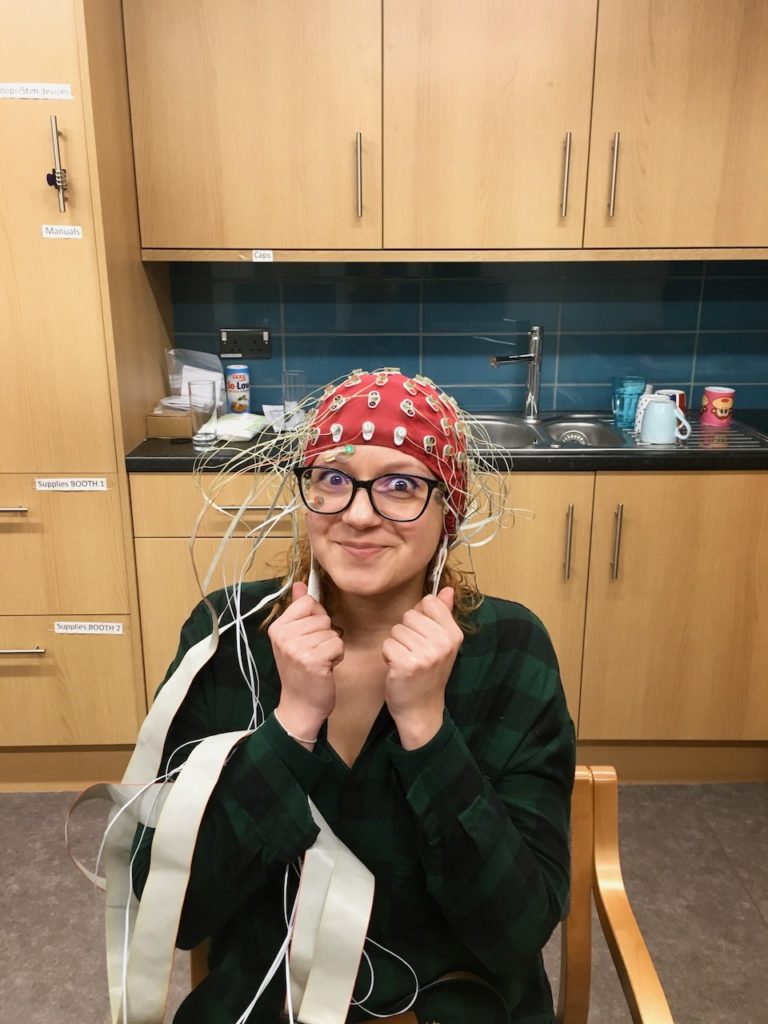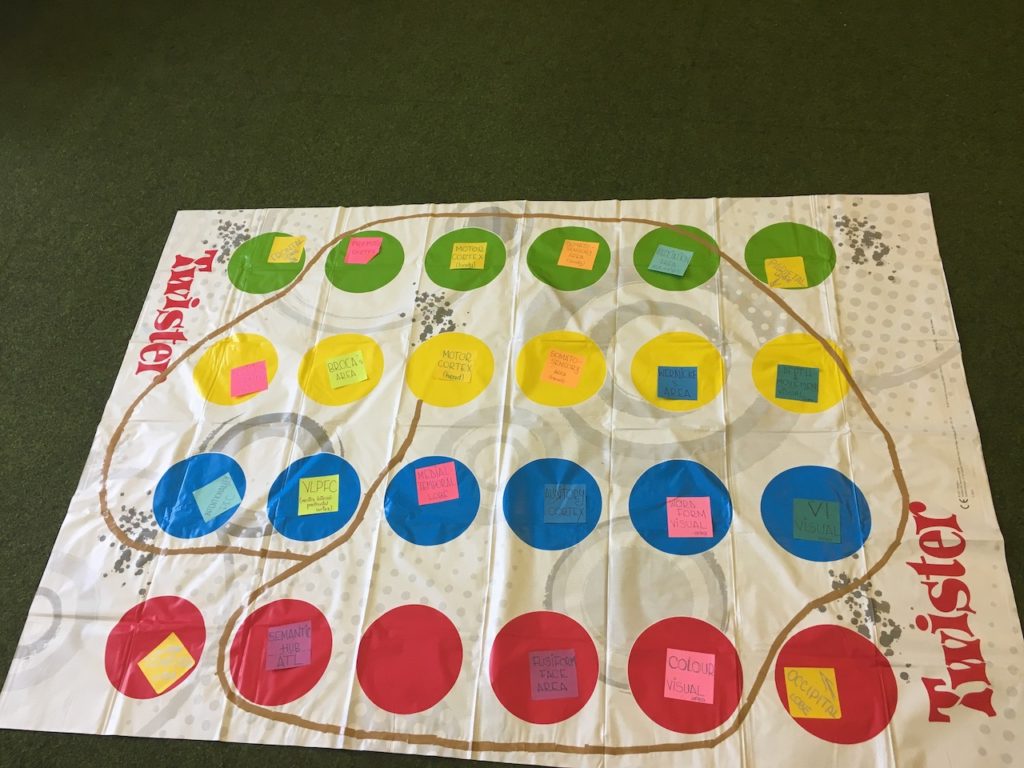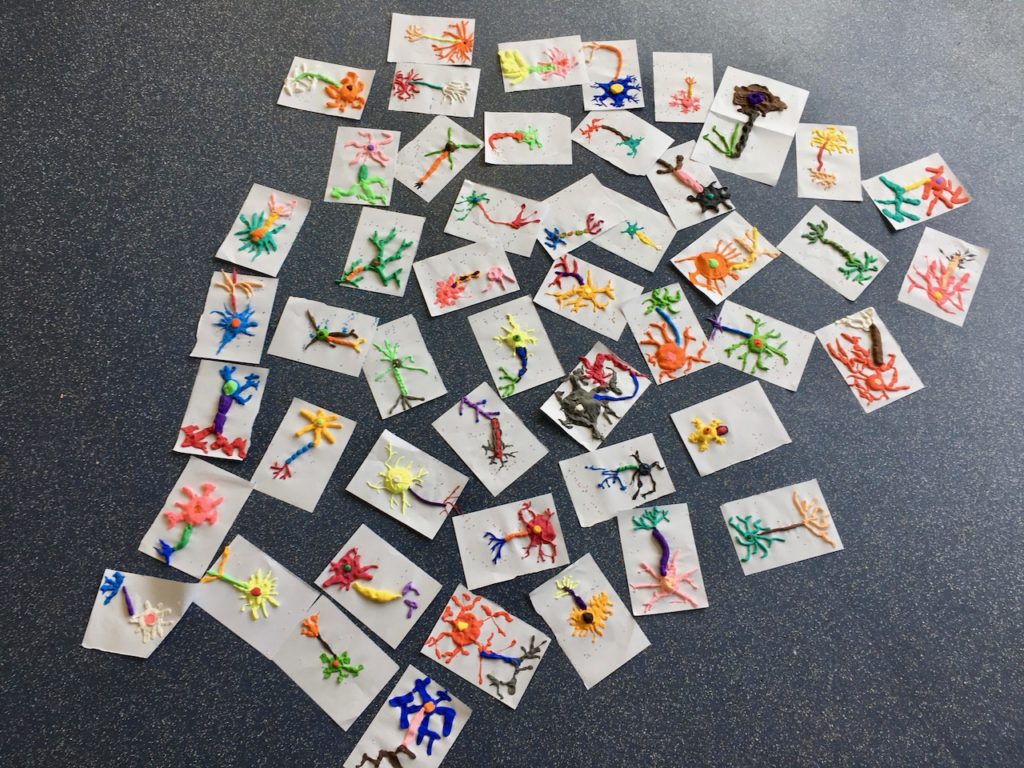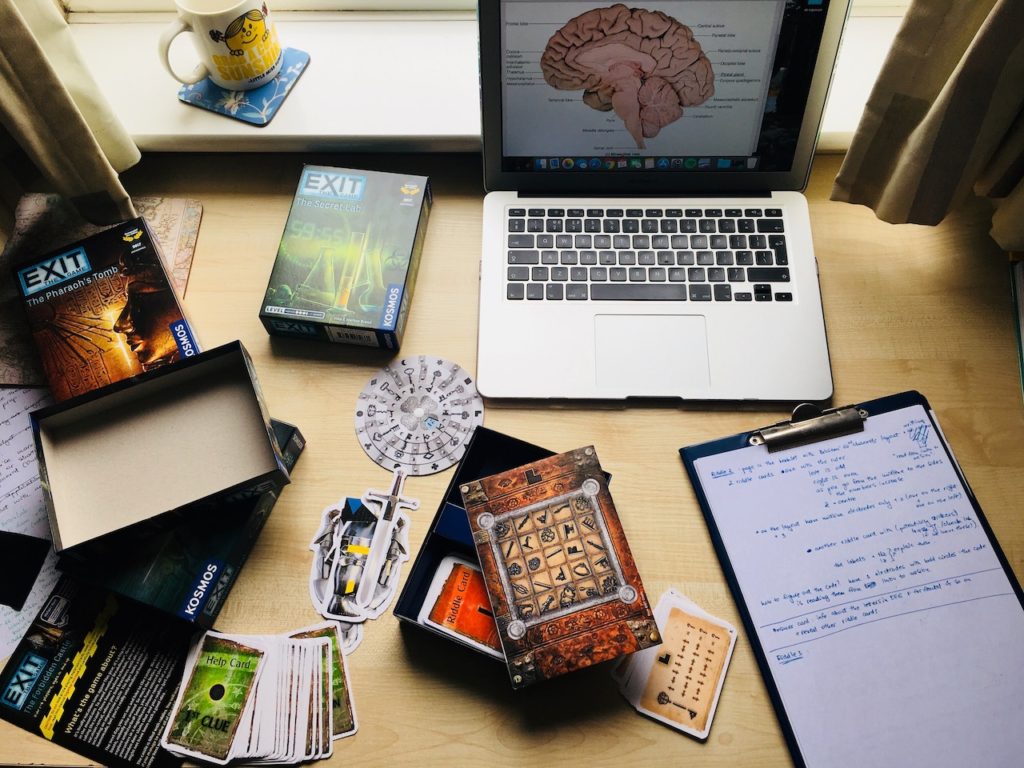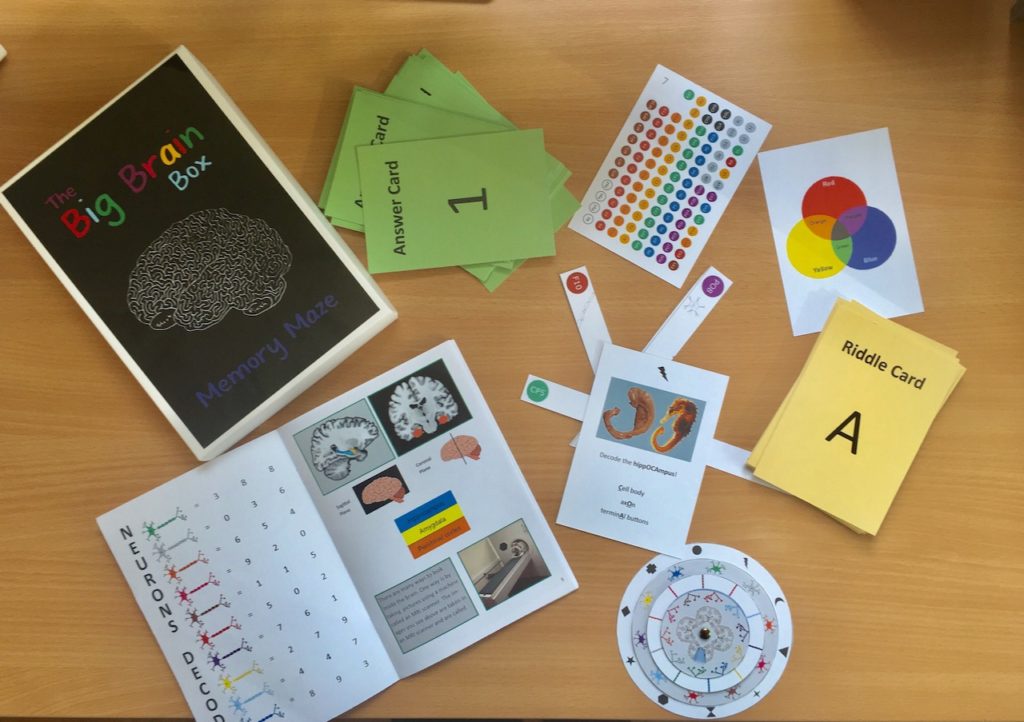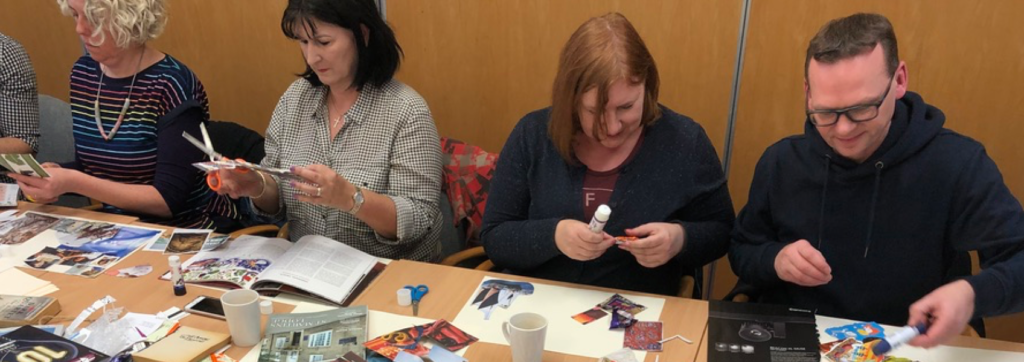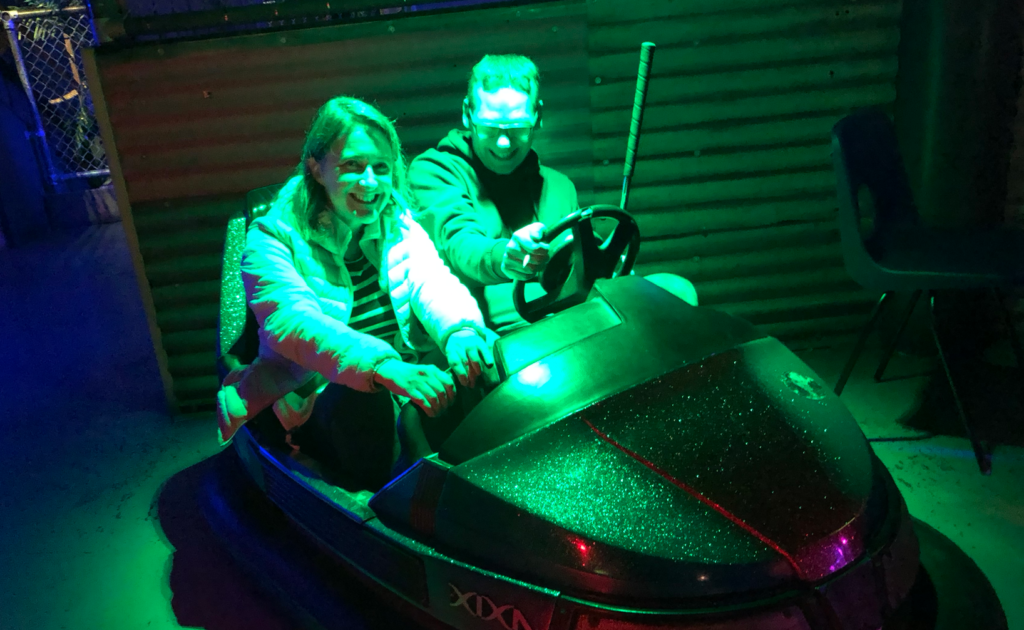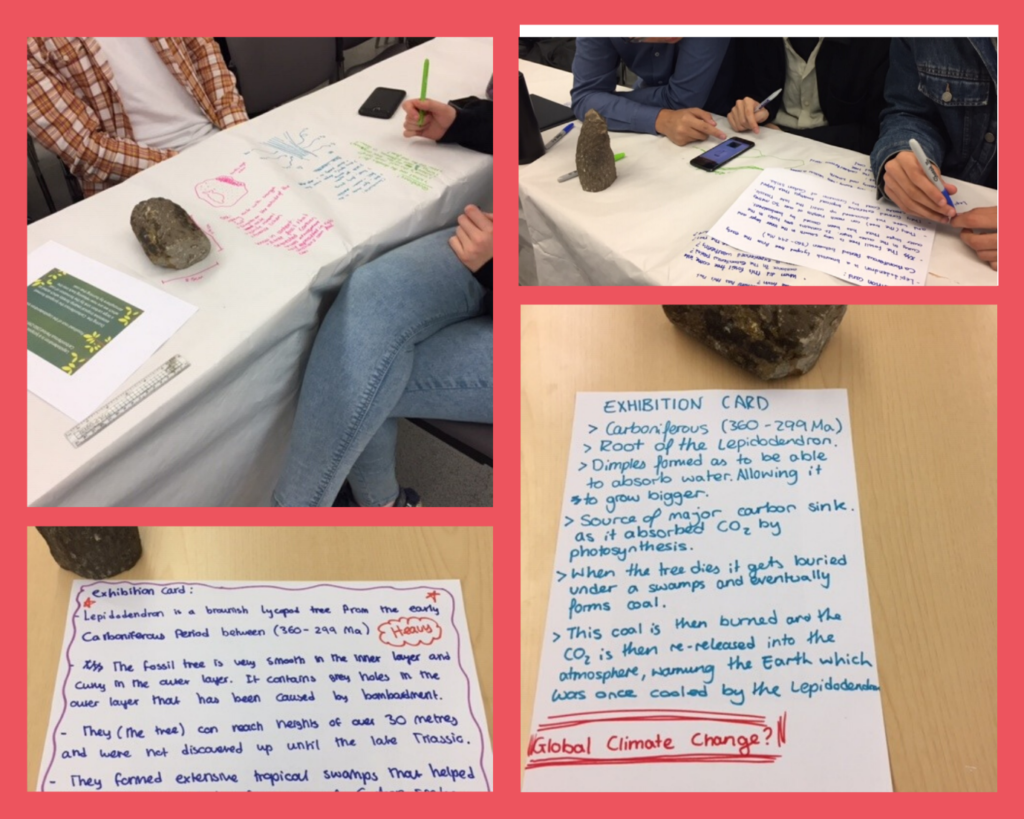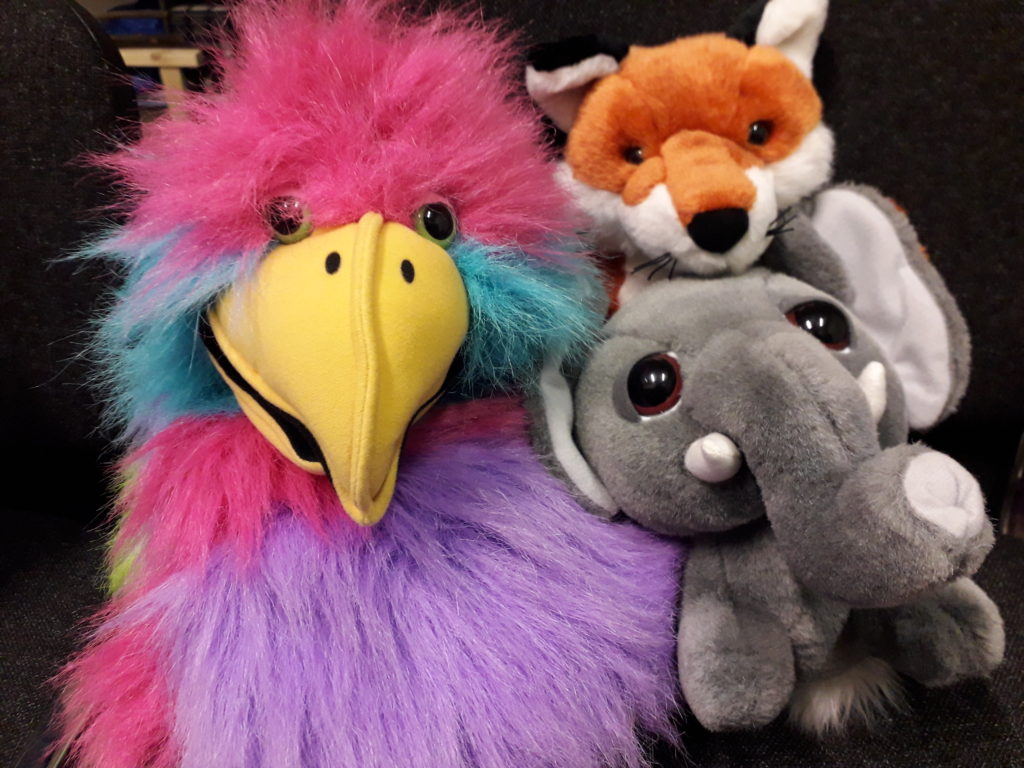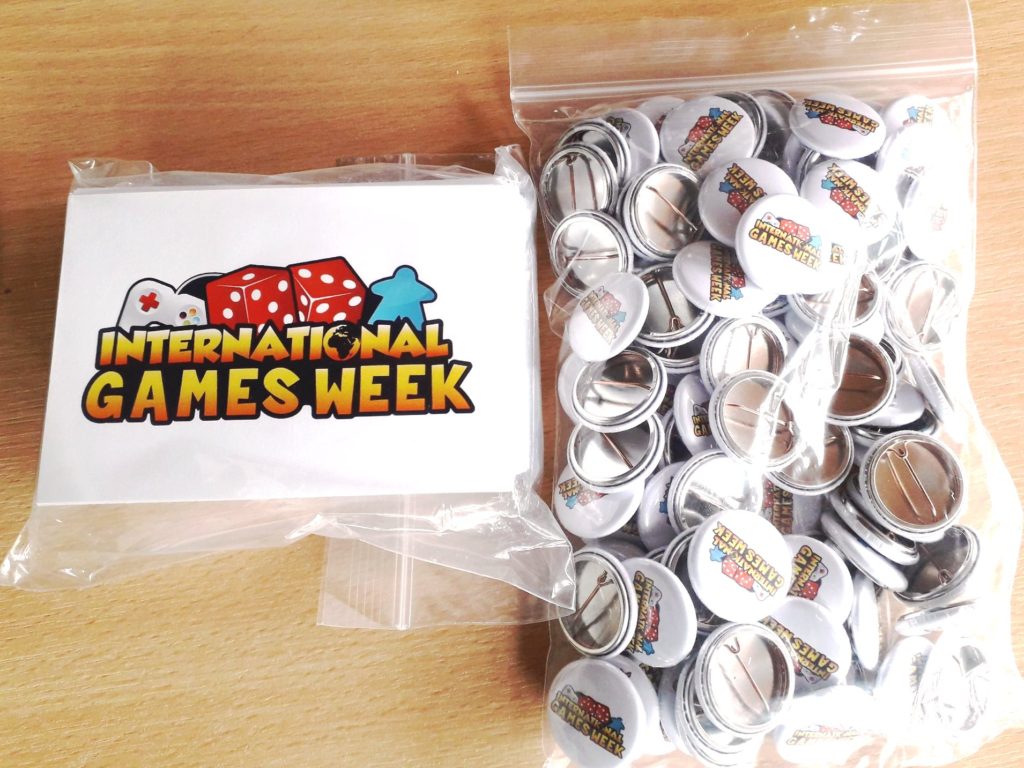Welcome to March everyone, how about we start with a puzzle? Name the ‘March‘ themed movies from these emoji clues:
- 👧👧👧👧👧
- 👣🐧🐧
- 🤫🏠❷
Guess on Twitter with the #PlayLearn hashtag and if you think these are hard, then feel free to share your own!
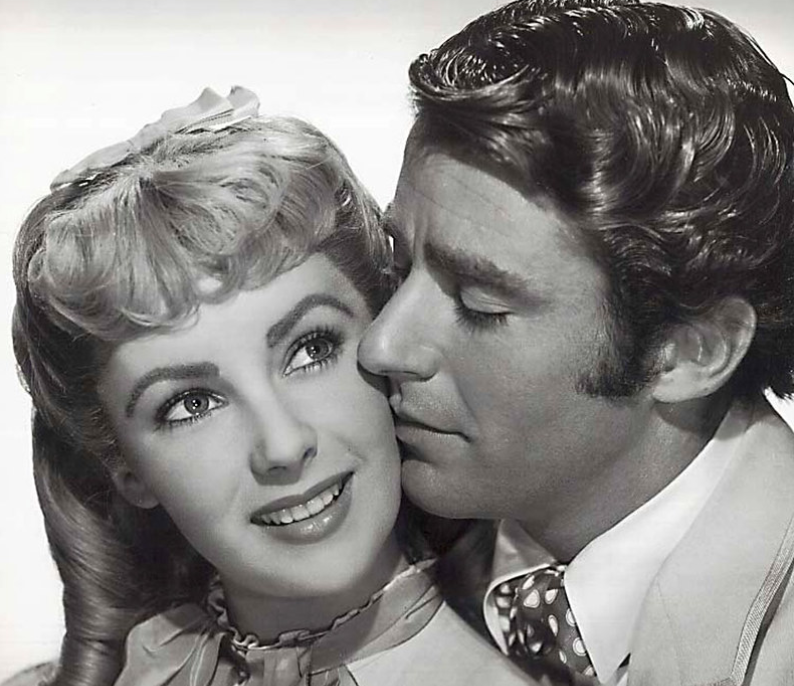
Our featured member for March is games designer Jana Wendler. Read about her bottle cap fanaticism!
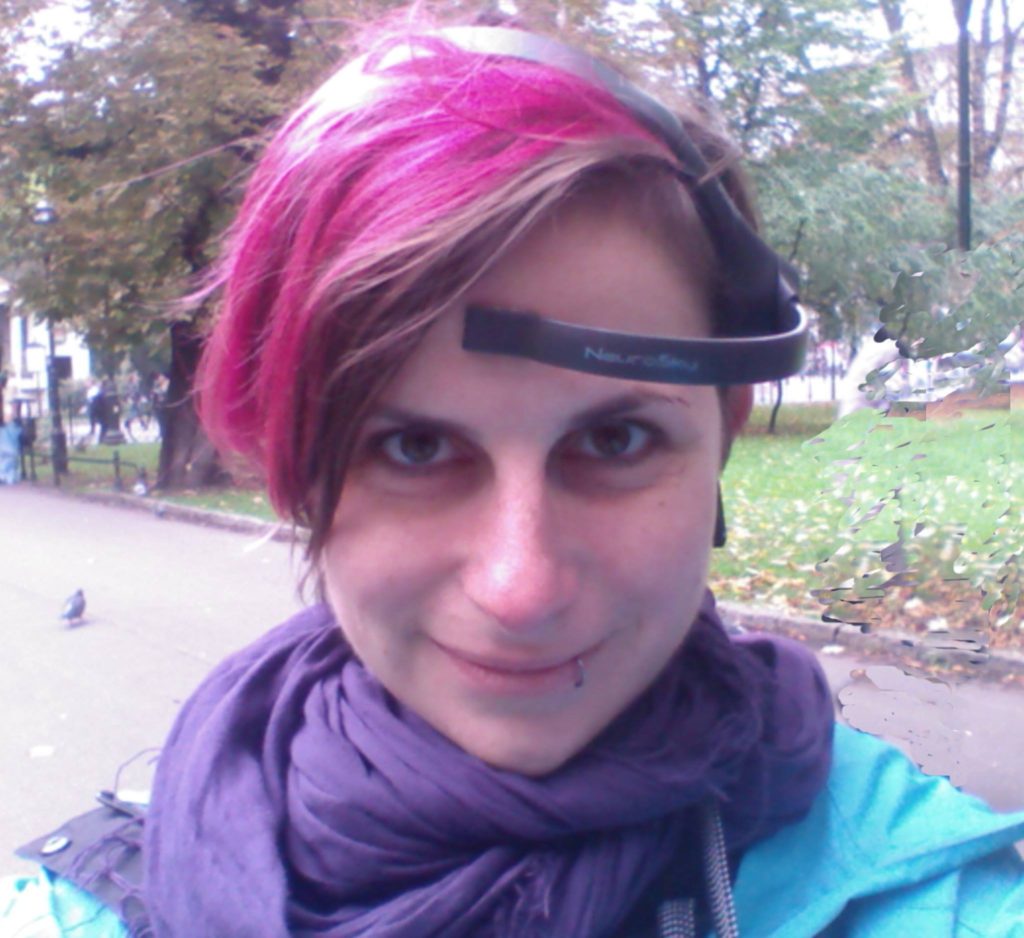
What’s coming up this year, you ask?
- [update: this event has been postponed] The next PLA in-person meet up is in a few weeks time on 26/27 March at City University, London on the theme of Playfulness at Work. The event will run from lunchtime on Thursday 26th until lunchtime on Friday 27th. There are 8 spots remaining if you want to join us – Book Now!
- July 8th – 10th is the 2020 Playful Learning Conference, at the University of Leicester – thanks to all of you who have offered sessions. Registration is still available at bargain Early Bird rates until the end of March – and think about students of yours who might want to go: there are special rates for them.
- The European Conference on Games Based Learning (ECGBL) is in the UK this year. If you fancy a trip to Brighton in late September, do check it out and note the call for papers closes this Wednesday so be quick!
What’s going on with you?
This round-up comes out during the first week of each month. If there is any playful activity/event/book/idea you’d like to promote to members in April, then email Katie Piatt or tweet #PlayLearn and we’ll include it!
